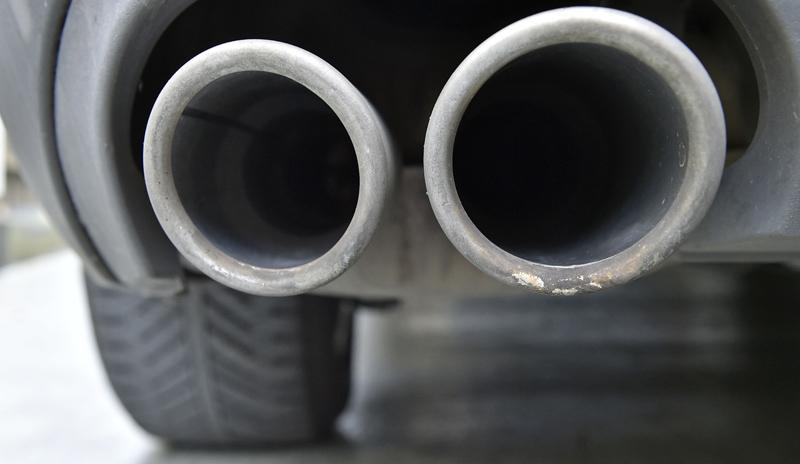
The World Bank says that the carbon pricing instrument, a tax that can hold those responsible for carbon emissions accountable, is a flexible and cost-effective way to mitigate carbon emission by sending an appropriate economic signal.
Speaking exclusively to Business Observer, World Bank officials said that the proposed carbon tax in Sri Lanka can be one of the key policy instruments to help the country meet its commitments under the United Nations Paris Agreement.
“Sri Lanka can be one of the pioneers in the region with this important initiative,” they said.
“Otherwise the price signals would not be transmitted to households and firms and there would be no incentive to change behaviour.
Therefore, the plan to introduce a fuel price formula next year is essential,” they said.
Deputy Treasury Secretary S. R. Attygalle told a post-budget seminar at the Chamber of Commerce recently, that the pricing formula on petroleum products would be implemented by March next year.
World Bank officials said that at the same time, given that a tax does not set an absolute limit on carbon emissions, its impact on the emissions needs to be carefully evaluated and continuously monitored so that the level and design of the tax can be adjusted as needed.
In his budget speech, Minister of Finance and Mass Media, Mangala Samaraweera said he proposes to introduce a carbon tax where the applicable rates for a motorcycle, car and a passenger bus will be around 17 cents, Rs. 1.78 and Rs. 2.74 per day, respectively. Therefore, the carbon tax will be based on the engine capacity of vehicles, with the rate depending on age and fuel type.
Electric vehicles will be exempted from the levy.
Secretary Attygalle said the carbon tax will be effective from April 1, next year. The Government estimates a revenue of Rs. 2,500 million from the proposal.
Speaking on the tax, Advisor to Ministry of Finance and Mass Media, Deshal de Mel said that larger vehicles with bigger engine capacity will be taxed to a greater extent.
“These vehicles typically have higher emissions and therefore, the tax will disincentive the use of such vehicles over smaller less polluting vehicles,” he said.
de Mel further said that the Government will set up the enabling environment in terms of measurement for the carbon tax to be based on carbon dioxide emissions of the vehicle, in line with global best practices. “Due to practical reasons, we cannot introduce this immediately, maybe next year we will make the move,” he said.
